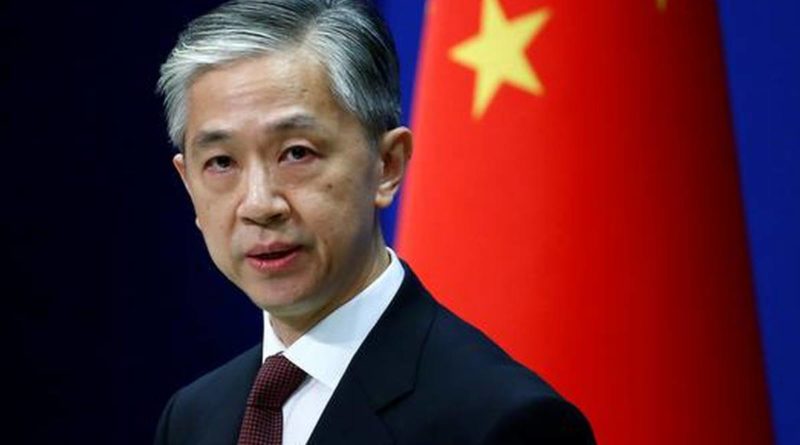China says new land border law will not change country’s position on border issues
China today said that its new land border law will not affect the implementation of existing border treaties or change the country’s position on border-related questions.
Beijing’s response comes a day after India’s Ministry of External Affairs expressed concerns about the legislation in view of a protracted military standoff between India and China along the Line of Actual Control (LAC) in eastern Ladakh. India’s external affairs ministry spokesperson Arindam Bagchi said, “China’s unilateral decision to bring about a legislation which can have implications on our existing bilateral arrangements on border management as well as on the boundary question is of concern to us.” He said, “It may be noted that India and China have still not resolved the boundary question. He added, “We also expect that China will avoid undertaking action under the pretext of this law, which could unilaterally alter the situation in the India-China border areas.” Replying to a question on India’s concerns on the new Chinese law, Chinese foreign ministry spokesperson, Wang Wenbin said on Thursday, “This law has clear stipulations on China’s cooperation with its neighbouring countries and the handling of the land border issues.
It will not affect China’s implementation of existing border treaties, nor will it change existing practice in our cooperation with neighbouring countries. However, he said it will not change China’s position on border issues.
China’s parliament, the National People’s Congress (NPC), passed the law on 23rd October specifying the way military and local authorities will govern and guard the country’s 22,000km of land border shared with 14 countries including India. The new law will be implemented from 1st January 2022. The law, which says China’s sovereignty and territorial integrity are “sacred and inviolable”, talks about the role of military defence of China’s land borders alongside improving social and economic development in border areas. Explaining the law, Wang said the law identifies the leading mechanism and duties of the departments of military and localities in implementing the law.




